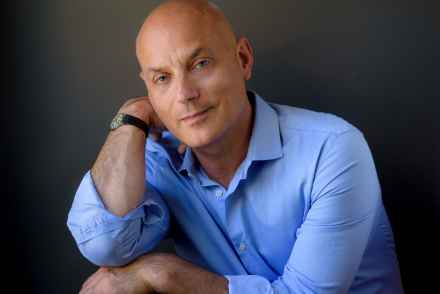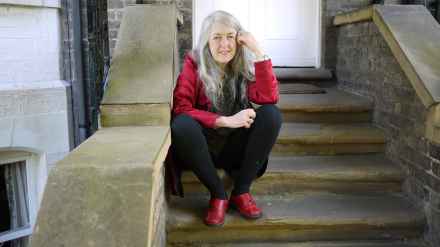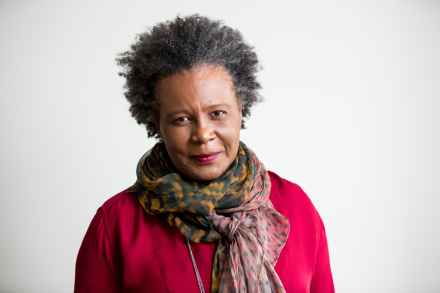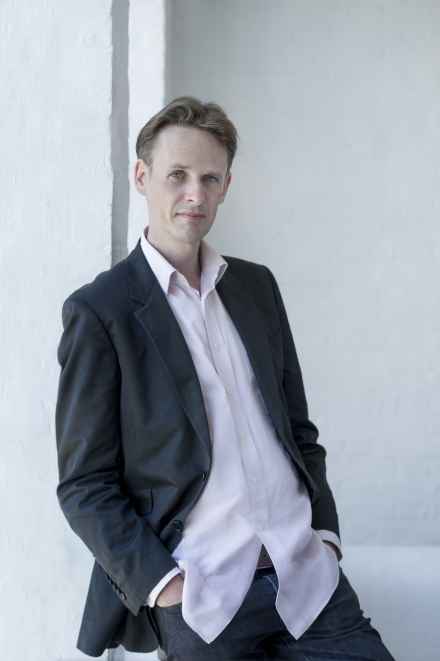Author and "Odyssey" translator Daniel Mendelsohn to deliver Berlin Family Lectures, beginning April 23
Daniel Mendelsohn enjoys interpreting Homer’s "Odyssey" for modern readers. Drawn to the ancient tale since his teens, for six years he took on the challenge of translating and reanimating the book. His translation of Homer’s "Odyssey" is scheduled for release in the spring of 2025 by the University of Chicago Press.
On April 23 and 30, Mendelsohn will deliver lectures on the epic poem. Both lectures will be held at the Rubenstein Forum—in person—from 6 to 7:30 p.m. CDT. Registration for the series is free and open to the public.



